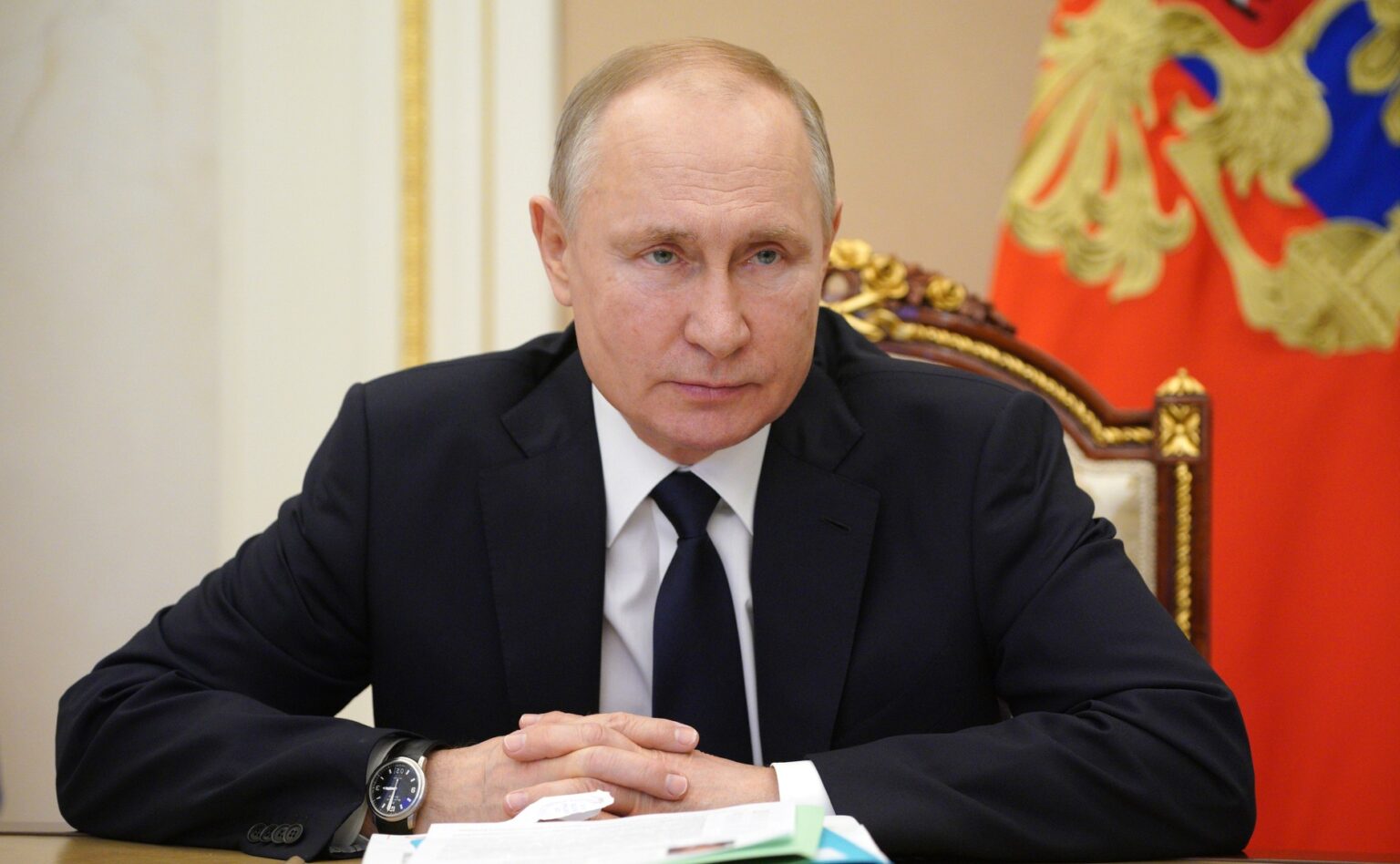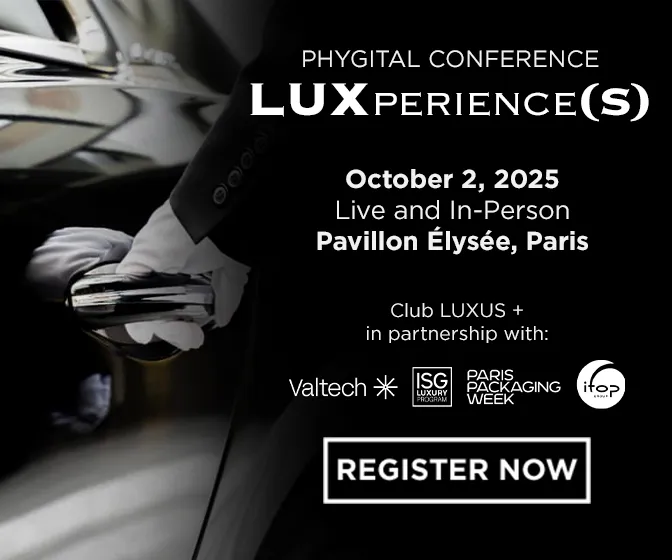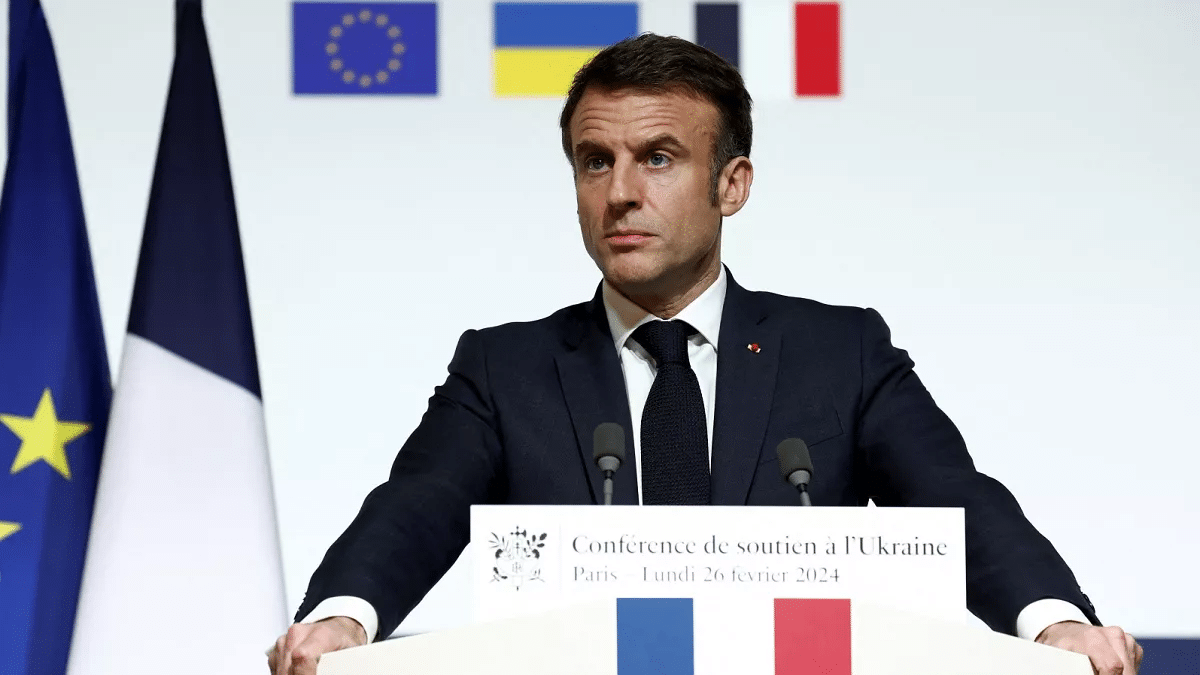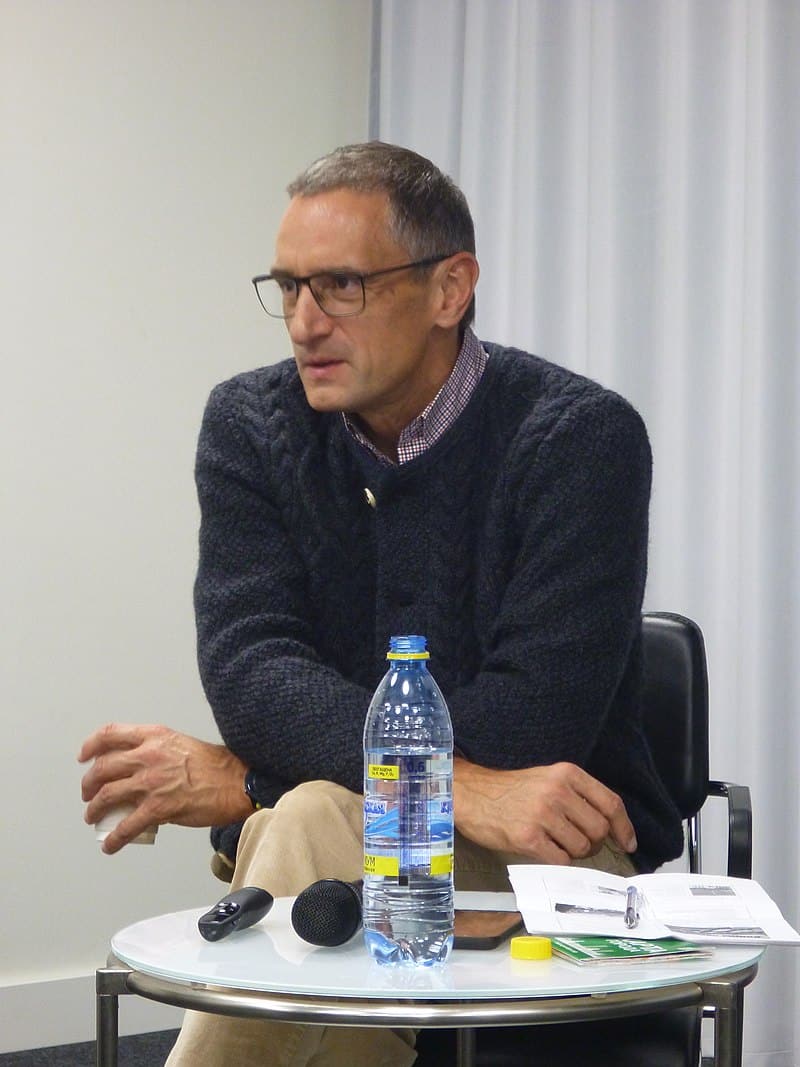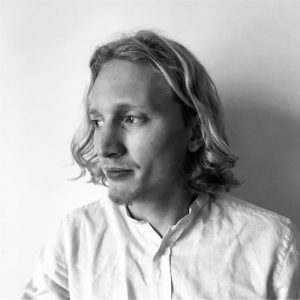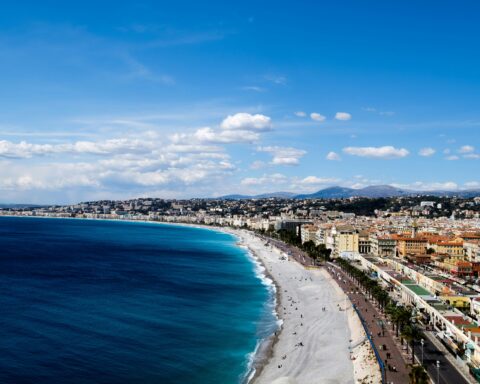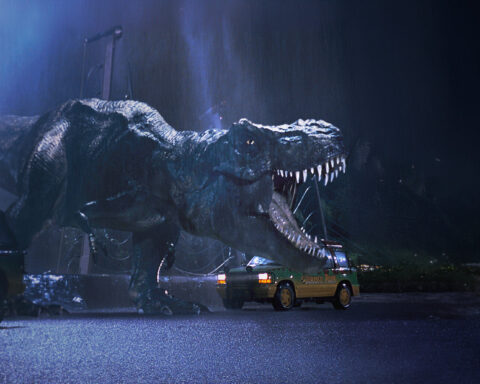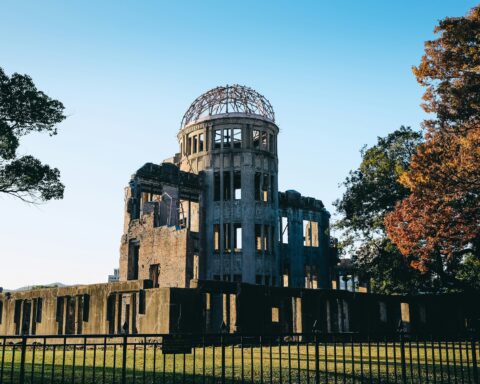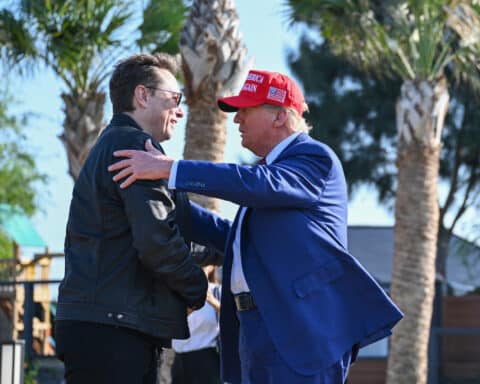Vladimir Putin’s triumphant re-election as head of Russia raises questions about a possible drift towards tsarist rule. Re-elected for a fifth term, Putin is seeking to strengthen his grip on the international stage. Despite Western criticism and internal protests, the Russian president persists in his determination to put an end to Western hegemony, thus heightening geopolitical tensions.
The result was predictable and indisputable. Following the Russian elections that ended on March 17, Vladimir Putin was re-elected with an impressive 87.28% of the vote.
The Russian president, who had the constitution revised in 2020 to extend his presidential term until 2036, has already served four terms, including two four-year terms and two six-year terms, with an interlude as prime minister between 2008 and 2012. At the age of 71, he has been in power for 25 years, and is now seeking a 5th term.
The other candidates hardly challenged the official line. Boris Nadejdine, in favor of ending the war in Ukraine, was eliminated from the election, as was Ekaterina Duntsova, who advocated ending the “special military operation” and decentralizing power. The main opponent, Alexei Navalny, died mysteriously a month before the election.
Freshly elected, Vladimir Putin declared that Russia would not be intimidated by any form of opposition. “It doesn’t matter who wants to intimidate us or how much, it doesn’t matter who wants to crush us or how much, our will or our conscience. No one has ever succeeded in doing anything like this in history. It didn’t work today and it won’t work in the future,” he said in front of his enthusiastic campaign team.
On Monday, March 18, the President went to Moscow’s Red Square to a jubilant crowd. Present for a concert celebrating the tenth anniversary of the annexation of Crimea, Vladimir Putin was accompanied by his presidential rivals. All sang the Russian national anthem with the crowd, before Vladimir Putin celebrated the “return to the fatherland” of the Ukrainian territories that Moscow had annexed. Yet another provocation to the inhabitants of a country on fire and bled to death.
The West denounces, Putin’s allies congratulate
Following the results, international leaders reacted with mixed emotions. The West denounced the election as a travesty of democracy. In a statement issued on Monday March 18, the Quai d’Orsay said that “the conditions for a free election have not been met”, while David Cameron, the British Foreign Secretary, denounced “the illegal holding of elections on Ukrainian territory, [the] lack of choice for voters and the absence of independent monitoring by the OSCE”.
Germany, through Foreign Minister Annalena Baerbock, regretted “an election without choice”, showing “Putin’s infamous action against his own people”. Italian Foreign Minister Antonio Tajani declared: “The elections in Russia were neither free nor fair”.
Even international bodies got involved. UN spokesman Stéphane Dujarric denounced the holding of elections in the territories occupied and annexed by Russia. He pointed out that a joint declaration signed by over fifty countries (USA, France, UK, Japan, Australia, South Korea, etc.) “condemns in the strongest terms” the holding of elections in these territories. Josep Borell, the European Union’s High Representative for Foreign Affairs, reacted by declaring that the Russian election “was not a free and fair ballot”, as it was “based on repression and intimidation”.
As for Volodymyr Zelensky, the Ukrainian president, he posted a message on social networks stating that “it is clear to everyone that this character, as has happened so often in history, is simply drunk with power and is doing everything he can to rule forever”.
Several Latin American leaders, however, congratulated Vladimir Putin on his re-election, including Honduran President Xiomara Castro and Bolivian President Luis Arce. China, now Russia’s main ally, “expressed its congratulations” and said it was “convinced that, under the strategic leadership of President Xi Jinping and President Putin, relations between China and Russia will continue to progress”.
The leaders of the Cuban, Nicaraguan and Venezuelan dictatorships also sent their congratulations and best wishes to the Russian president. Finally, like Iran, North Korea’s leader Kim Jong-Un hailed Vladimir Putin for his solid victory.
Shift in violence
Since Moscow launched the war in Ukraine in February 2022, relations between Russia and the West have reached a level not seen since the Cuban missile crisis in 1962. Following French President Emmanuel Macron’s statement that he would not rule out the possibility of sending ground troops to Ukraine and the risk of a conflict with Nato, Vladimir Putin ironically replied: “Everything is possible in the modern world”.
“It’s clear to everyone that a (conflict between Russia and Nato) would mark the final step before a Third World War. I think almost nobody wants that,” he declared after winning the Russian presidential election.
Emmanuel Macron, who has said he does not want escalation, last week called on the West to “spring into action”, warning that a Russian victory in Ukraine would pose an “existential threat” to Europe.
Vladimir Putin nevertheless invited his French counterpart to play a role for peace. “All is not yet lost,” he declared. “I have said it again and again, and I will say it again: we are in favor of peace talks, and not just because the enemy is running out of ammunition.”
No matter the Western sanctions, no matter the International Criminal Court proceedings against Vladimir Putin, no matter the losses suffered by the army. The Russian president has set himself a mission: to put an end to Western hegemony.
Putin’s four wars
The master of the Kremlin, traumatized by the dismemberment of the former USSR, has plenty to pursue in his role as warlord, with the aim of rebuilding an empire in the tradition of Peter the Great. In October 2023, in an exclusive interview with Volodymyr Zelenski for France TV, the Ukrainian president warned Westerners that, in the event of a Russian victory, Putin would not stop at Ukraine. In several years’ time, it could be Moldavia, which today is not a member of NATO.
It’s the shadow of the Munich Conference (1938) that resurfaces for Europe and NATO, and Winston Churchill’s famous dig at Neuville Chamberlain. “You had the choice between dishonor and war; you chose dishonor and you will have war”, declared the British Prime Minister.
Sergei Medvedev, a historian specializing in the post-Soviet period, gave an analysis of Russia in 2020, notably through his latest book, “Putin’s four wars, what Russia is preparing for us”.
According to him, Vladimir Putin has launched a territorial war, a war for symbols, but also for the body and for memory. Firstly, a territorial war, since this vision has led to the conflict with Ukraine, the annexation of Crimea, the occupation of the Donbass, development projects in the Arctic, Russian military interventions in distant regions such as Syria and Libya, and increasingly difficult attempts to control the post-Soviet space. Secondly, a war of symbols, the greatest of which for him is the victory of the Second World War and the resulting domination of the USSR over part of Europe.
A war to control citizens’ bodies (birth control, the fight against LGBT people…), with Vladimir Putin seeking to extend the concept of sovereignty to them. And finally, a war for memory, as the government strives to create a historical myth that Russia has always been on the winning side, and that the state has always been more important than the individual.
Despite his power, Putin faces many challenges. The war in Ukraine is far from won, and the ability of the Russian population, elites and economy to sustain this conflict over the long term remains uncertain.
Read also>QATAR: FRANCE UNDER INFLUENCE?
Featured photo : © Wikimedia Commons




